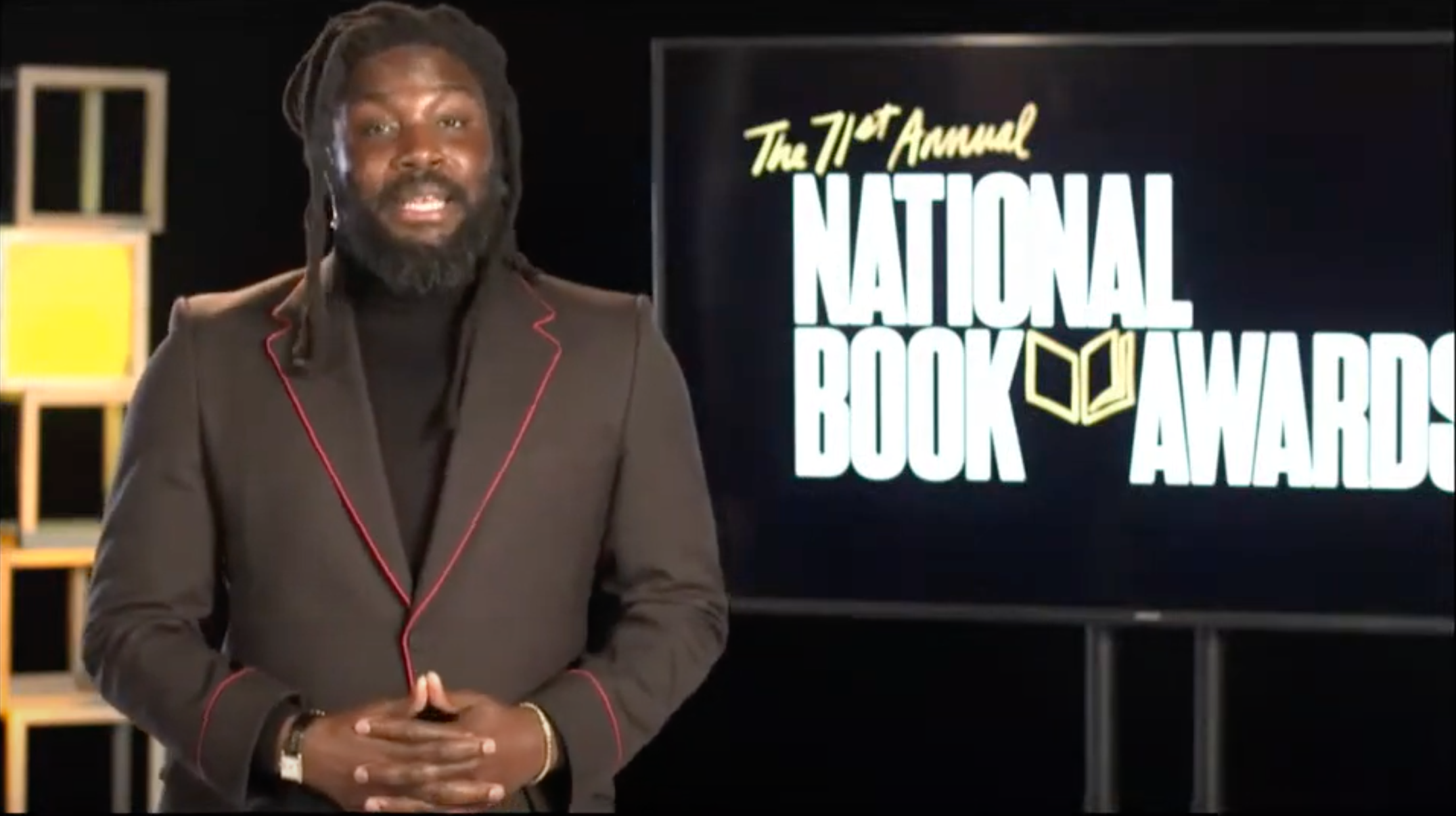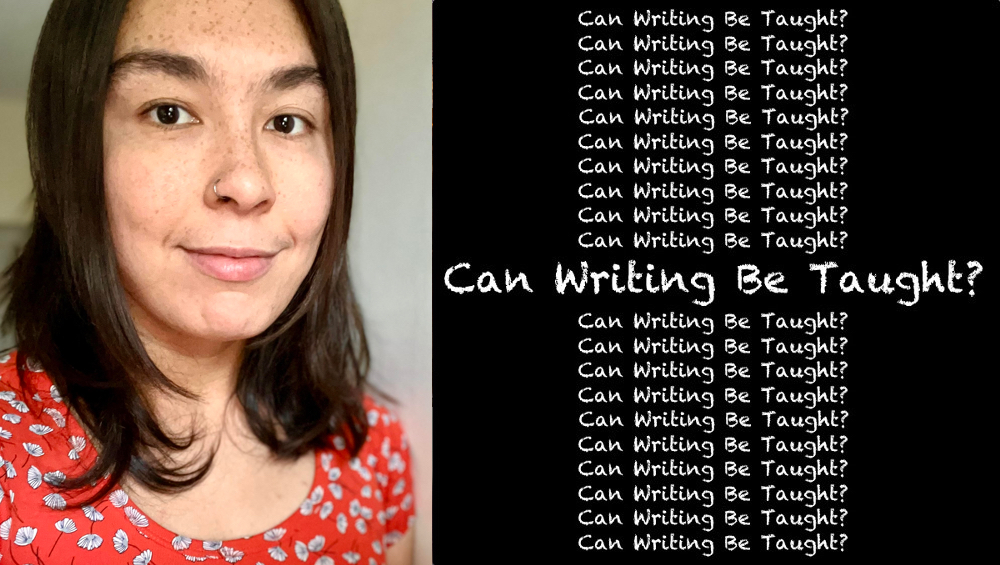interviews
Nobody Told Sanjena Sathian That Writers Are Supposed to Have Hobbies
Ten questions about teaching writing with the author of "Gold Diggers"

In our series “Can Writing Be Taught?” we partner with Catapult to ask their course instructors all our burning questions about the process of teaching writing. This month we’re talking to Sanjena Sathian, author of the forthcoming novel Gold Diggers, who’s teaching a six-week fiction workshop on blending reality and unreality. In her class “The Real & The Unreal,” students will learn how to incorporate fantasy, magical realism, science fiction, or horror elements into literary work.
What’s the best thing you’ve ever gotten out of a writing class or workshop as a student?
Charlie D’Ambrosio convinced me of the importance of scene as the key way to dramatize every latent idea, character, or emotion in a story. I resisted this lesson for a long time, as I love chatty, essayistic narrators, but I realized that I did need to balance narration that “tells” with the vulnerability of “showing” in scene. Characters can run away from you in scene, saying what they want to say, instead of letting you hang out on your perch making wise observations. It’s good to give in a little.
What’s the worst thing you’ve ever gotten out of a writing class or workshop as a student?
Write even a dash of non-realism and you sometimes lose the entire class to people debating whether or not the magic was “real” or “necessary.” It can sometimes indicate a refusal to enter the space of the world that the author has put in the effort to create.
What is the lesson or piece of writing advice you return to most as an instructor?
I love my old professor Anne Fadiman’s favorite riddle: Q: How do you make a statue of David? A: You take away everything that isn’t David. We have to find the “David” of our pieces, leaving the rest of the marble on the floor. Other people offer different versions of this concept, asking what the “emotional question” or the “aboutness” of a story is. It’s about locating the heart of a piece, which the writer themselves may not actually recognize.
Does everyone “have a novel in them”?
Stability and sanity are nice, and I’m not sure the writing life is conducive to either or both.
We definitely all have narratives in us! But it takes immense work ethic and fanatical devotion to develop the craft of writing and to actually make that novel.
Would you ever encourage a student to give up writing? Under what circumstances?
Definitely not. I don’t usually encourage people to try to do this with their lives—stability and sanity are nice, and I’m not sure the writing life is conducive to either or both—but I think everyone should write in some form, whether in literary journals or personal diaries.
What’s more valuable in a workshop, praise or criticism?
I think a workshop can identify the essential characteristics of a piece, which include the piece’s strengths and weaknesses. And often the things worth praising and the things worth criticizing are different sides of the same coin.
Should students write with publication in mind? Why or why not?
I think we should all write with the goal of being legible—to ourselves and to others. I learned from years in journalism the maxim of “be kind to the reader.” That doesn’t necessarily mean imagining our names on the covers of bestsellers, but keeping a possible reader in mind can be very good for the work itself.
In one or two sentences, what’s your opinion of these writing maxims?
- Kill your darlings: Ruthlessly! And remember that doing so isn’t an act of violence against your own work—it’s an expression of faith; it’s saying to yourself, I can do even better than this.
- Show don’t tell: Show AND tell. Find the perfect balance between scene and summary; specific and general time; dialogue and narration.
- Write what you know: Writing what we know gives the work an intimate and real quality, but we still have to make imaginative leaps, to ignite narrative engines (i.e. plots), and to empathize with and embody those unlike us.
- Character is plot: Yes, but plot can come from outside character, too. You can put your characters in a completely “unreal” situation—they turn into a bug!—or a completely “real” situation—they’re going through a divorce; how they react to their given pickle pushes the piece forward, but the artifice of an inciting incident is also a way to let you explore your characters.
What’s the best hobby for writers?
Are we supposed to have hobbies?!
What’s the best workshop snack?
Popcorn.








